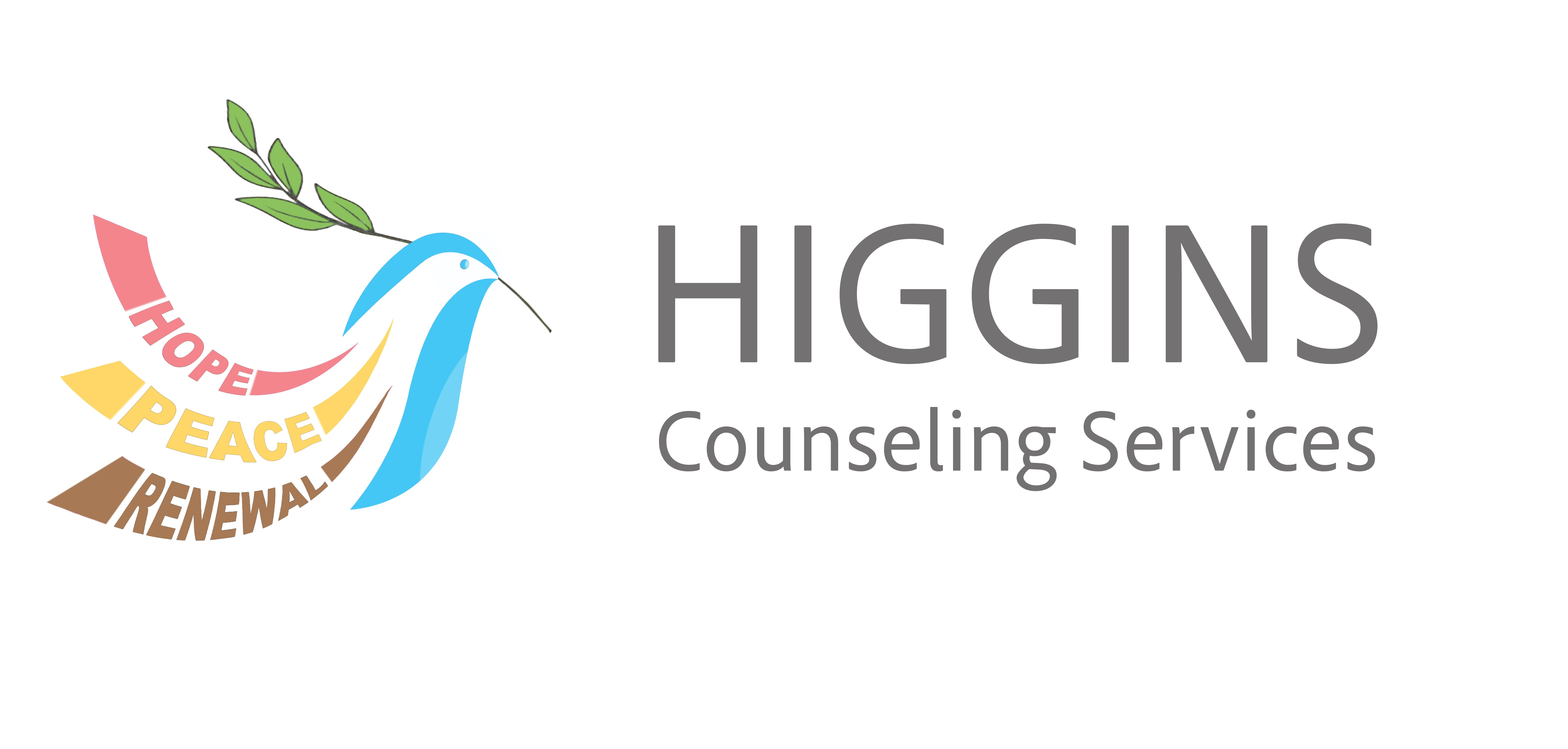Imagine there’s a cup of water balanced on your head. That cup represents all the stress you carry around with you: the family arguments, traffic, a work deadline, looming bills, the kids bickering, the crack in your phone screen. Everywhere you go, your smile, your stability, your joy, requires you to balance that cup of stress on your head.
Now imagine that you are stepping into a karate studio, and as you bow as you enter, you pour out all that stress. The cup is still on your head and now it is empty. The cup is then filled with all the good experiences from class: knowledge, strength, smiles, friendship, courage.
On the way out, you are welcome to refill the cup with all of the stress, but the hope is that there isn’t quite as much room for it.
This tradition, repeated countless times, hundreds of times each night, is one way that martial arts improves overall mental health.
And that’s just the beginning.
Martial arts is a safe space, a positive and grounding environment that helps families face whatever stresses they are experiencing.
They need an outlet. The nation is in a mental health crisis. In our homes and schools, the pain of mental health struggles infiltrate every part of our lives.
- · 7 in 10 teens are struggling with mental health
- · 75 percent of students say school work makes them feel anxious or depressed.
- · Since the pandemic, 1 in 6 adolescents had a major depressive episode,
- emergency rooms saw a 31 percent increase in mental-health related visits.
- · Less than half of those afflicted get the care they need.
- · Nearly 8 in 10 teens wish there was an inclusive environment or safe space for
- people in school to talk about mental health.
- · And 7 out of 10 wish their school taught them more about mental health and
- coping mechanisms.
Here is where martial arts really comes in:
Real benefits in real published studies.
“Non-contact boxing exercises, usually in a high-intensity-interval training group setting, provided significant reduction in symptoms of anxiety, depression, PTSD and negative symptoms of schizophrenia. Non-contact boxing provided a cathartic release of anger and stress, with evidence of improved mood, self-esteem, confidence, concentration,
metabolic burden, strength and coordination.”
(SOURCE: https://pubmed.ncbi.nlm.nih.gov/37426738/ (https://pubmed.ncbi.nlm.nih.gov/37426738/))
“Exercise alone may be less effective in improving children’s EFs (executive functions)than activities that involve both exercise and character development (e.g., traditional martial arts)” (SOURCE:https://www.ncbi.nlm.nih.gov/pmc/articles/PMC4200392/)
“the martial arts-based intervention’s potential to … promote wellbeing through physical activity. Martial arts training may be an efficacious psychosocial treatment that can be used as a complementary approach to promote mental health.”
(SOURCE: https://www.mdpi.com/2409-9287/8/3/43 (https://www.mdpi.com/2409-9287/8/3/43))
One of the reasons we know it works: We need it too.
Many martial artists have a Disney-esque exterior – always positive, smiling. Spoiler alert: It’s fake. While an uplifting presentation is part of the profession, we have to acknowledge that the world isn’t always rosy – that we get diseases too, of the mind and body. And our optimistic vibes are not a permanent state, and could easily be
covering our last crisis, depression, anxiety or despair. (Personal note: I speak to a therapist every week and highly recommend it. I use Cerebral online and it is the perfect fit for me. The best strategy I’ve found for meditation for myself is listening to the Abide app while wearing eye-massaging heat goggles made by Renpho.) No matter what instructors are going through, we make it our mission to share confidence, hope, and high expectations in every class.
